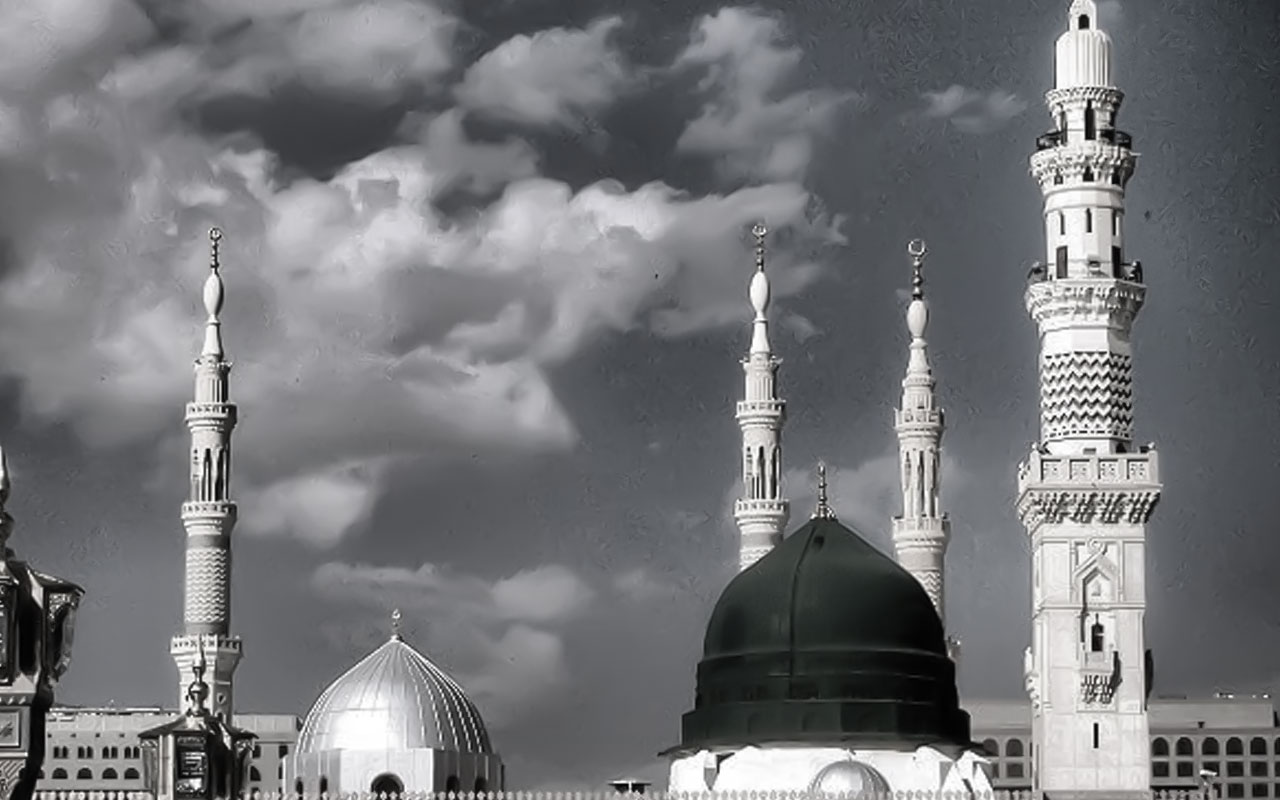Prophet Muhammad (saws), known as Hazrat Muhammad, holds a unique place in the hearts of Muslims as the final prophet and messenger of God. He was born in Mecca, in the Hijaz region, fifty-three years before the advent of the Hijri calendar. Belonging to the noble Bany Hashim family of the Quraysh tribe, he faced early hardships, losing both parents in his childhood. His paternal grandfather, Abd al-Muttalib, and later his uncle, Abu Talib, became his guardians.
Despite the prevalent idol worship in the Hijaz, the Prophet steadfastly refused to engage in such practices. He occasionally retreated into spiritual seclusion (khalwah), engaging in prayer and communion with God.
At the age of forty, during a spiritual retreat in the cave of Hira, near Mecca, the Prophet received his divine calling from Allah to become a prophet and to propagate the new religion.
The idol-worshippers of Mecca initially reacted with hostility, subjecting the Prophet to various forms of pressure, including physical abuse, insults, ridicule, and defamation. However, they also made offers of wealth, power, and leadership in an attempt to dissuade him from his mission. In response, the Prophet resolutely rejected their enticements, declaring his unwavering commitment to the worship of the one true God and the fulfilment of his mission.
Around the tenth year of his prophethood, the Prophet faced a significant loss when his uncle and protector, Abu Talib, and his beloved wife passed away. With no one left to shield him from harm, the idol-worshippers of Mecca plotted to assassinate him. They surrounded his house at night, intending to attack him while he slept. However, God informed him of their plan and commanded him to flee to Yathrib (later known as Medina).
In a daring move, the Prophet left his cousin Imam Ali (as) in his place and escaped under divine protection, eluding his enemies. After three days of fruitless searching, his pursuers returned to Mecca, and he made his way to Yathrib.
In Yathrib, the Prophet found a warm reception from those who had already accepted his message. The people of Yathrib pledged their allegiance to him, and the city became known as “Madinat al-Rasul” (the City of the Prophet). Here, he established a small Islamic community and forged treaties with both Jewish and Arab tribes.
After ten years in Medina, on June 8, 632, Prophet Muhammad fell critically ill and ultimately passed away. Historical accounts suggest that he may have been poisoned by a woman from the Jewish community, and this is believed to have contributed to his deteriorating health. His final days were marked by suffering due to the effects of the poison, culminating in his passing. His legacy as the last prophet and messenger of God continues to profoundly influence the lives and beliefs of Muslims around the world.
